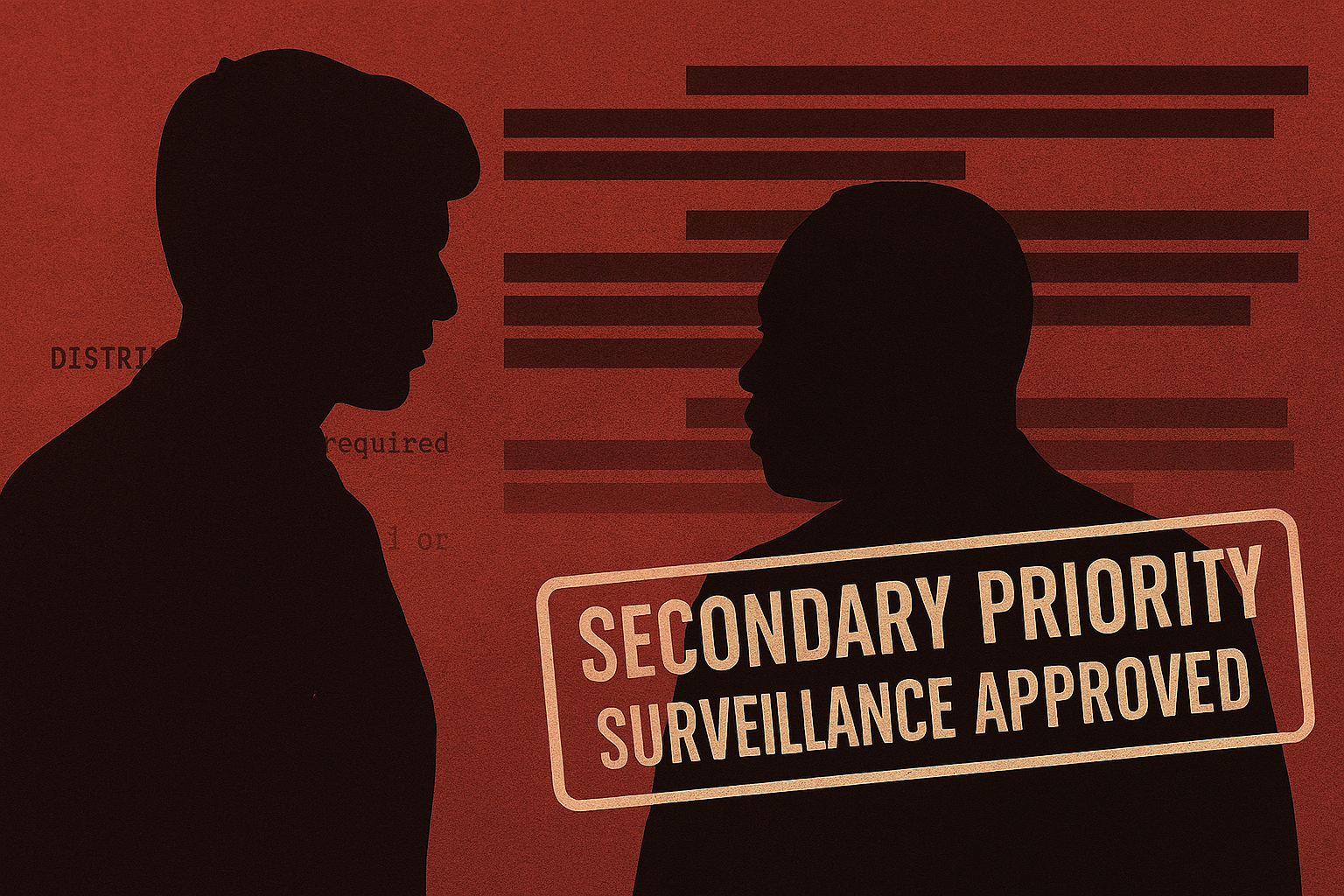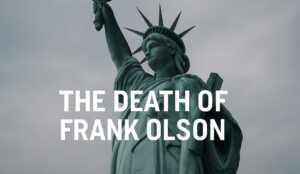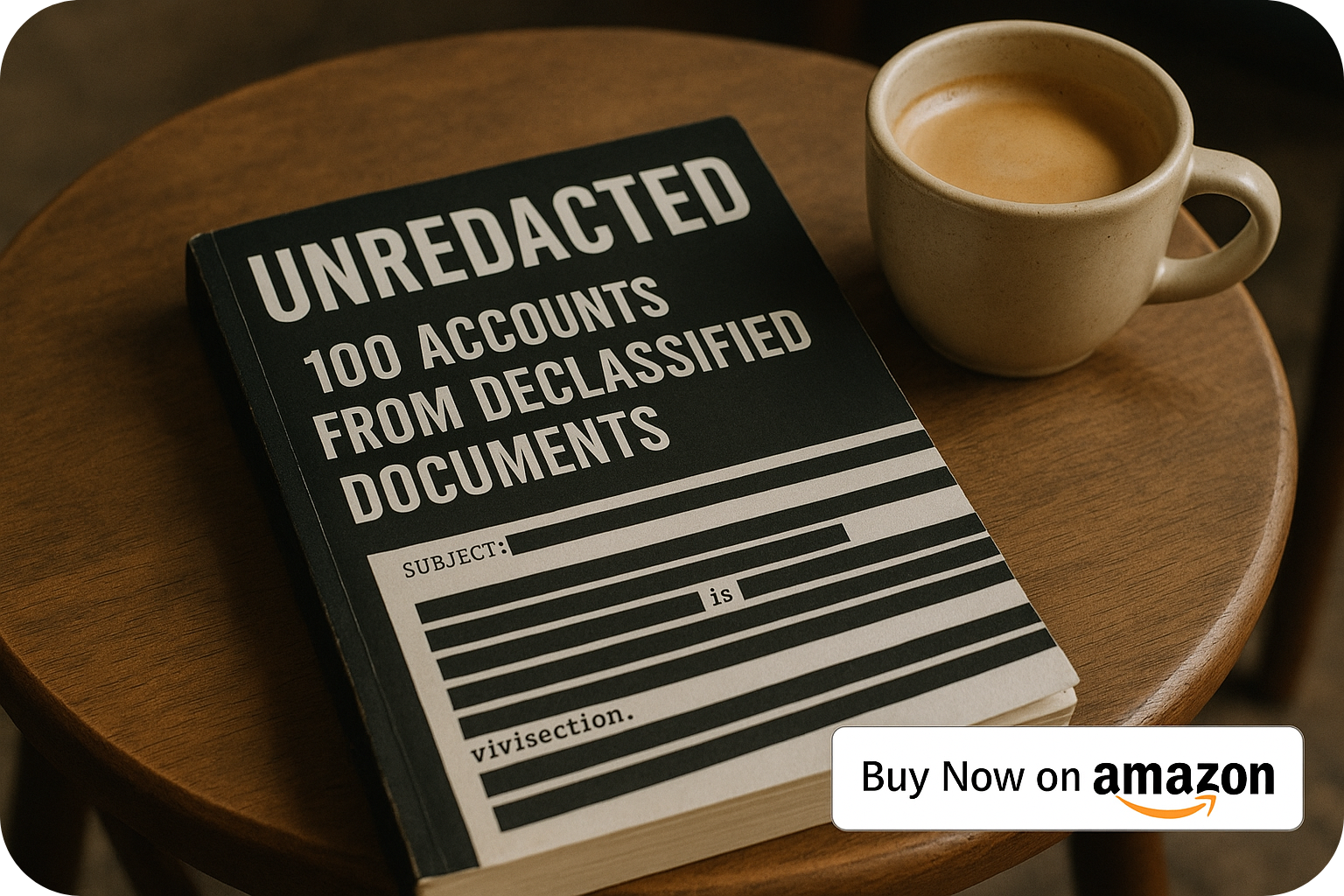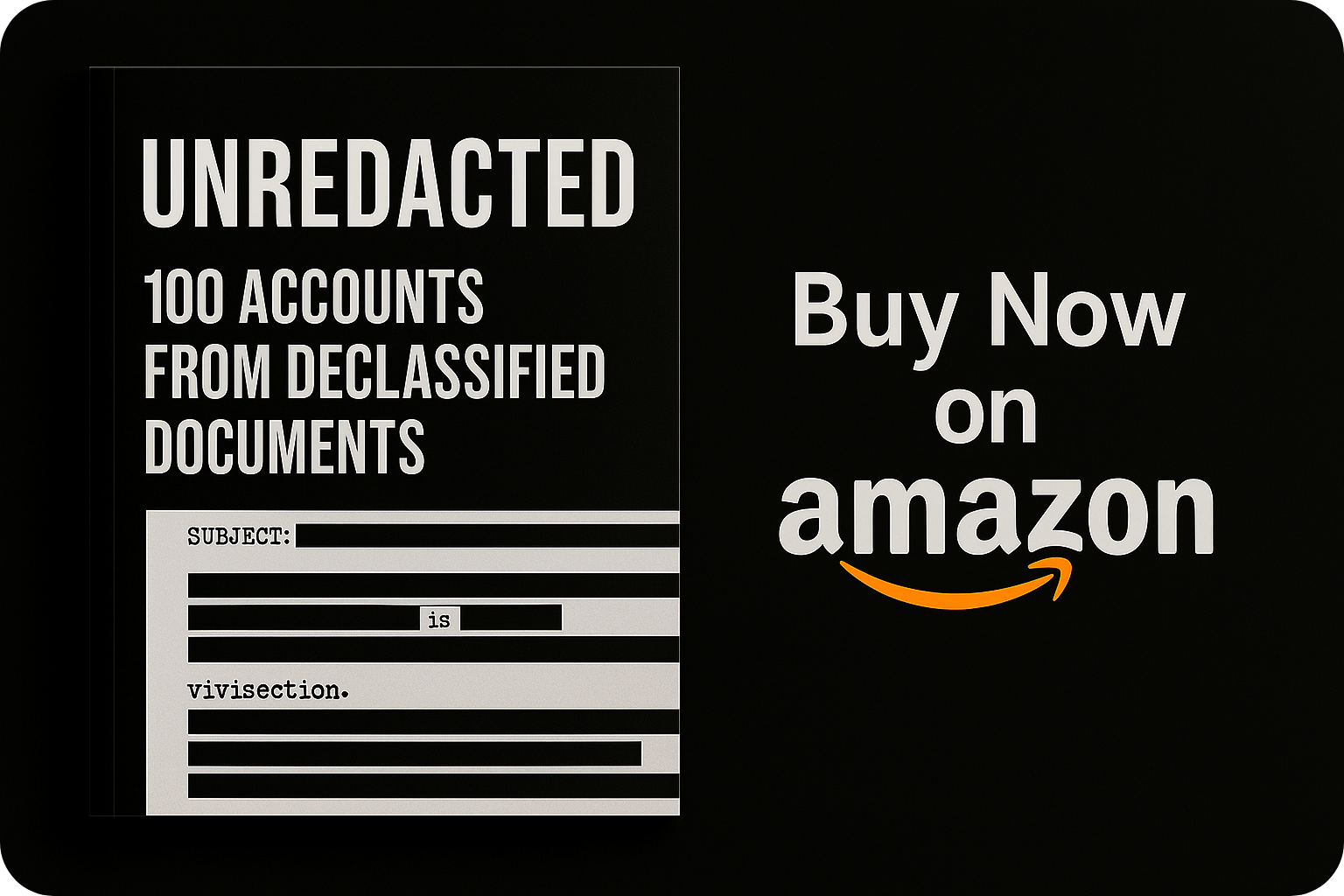New files reveal that Robert Kennedy, Martin Luther King Jr., and others were quietly monitored and discussed as national security threats following the assassination.
🧾 One Hit, Several Warnings
JFK was killed on November 22, 1963.
But his death wasn’t the end of a chapter-it was the opening of a purge.
The 2025 declassification reveals:
At least four high-level individuals were placed on internal security watchlists within 48 hours of Kennedy’s assassination.
None were accused of wrongdoing.
But all shared one thing in common:
They were politically or ideologically aligned with John F. Kennedy’s more aggressive reforms.
📁 File: "Post-22 Targets – Security Reassessment Briefing, 11/24/63"
This document-originating from a CIA Domestic Operations Division meeting-lists several "Tier II review subjects."
Names include:
- Robert F. Kennedy
- Martin Luther King Jr.
- Senator George Smathers
- NSC Adviser John McNaughton
Each name is annotated with a code for "escalating surveillance priority."
📡 The RFK Files
An internal FBI memo from December 3, 1963, references "growing concern over AG Kennedy’s continued pursuit of unredacted CIA reports related to Cuba."
One phrase in Hoover’s own handwriting reads:
"If he pushes too far, he’ll meet his brother’s fate."
This document was previously redacted. The 2025 release unsealed it.
🧠 Martin Luther King Jr. – Collateral Pressure
Declassified NSA communications show that MLK was included in at least two internal briefings about potential "domestic destabilizers."
Why?
Because of "overlap between SCLC financial backers and anti-CIA press activity."
One cable summary from early 1964 states:
"King’s mobilization power is becoming indistinct from subversive momentum. Mitigation advised."
Less than four years later, MLK was assassinated.
💼 Other Notables
- Senator George Smathers was discouraged from pushing forward a Senate intelligence oversight hearing. He received an anonymous death threat in early 1964.
- NSC Adviser McNaughton’s travel was temporarily suspended after he requested classified access to JFK’s Vietnam withdrawal planning.
A military memo (2025 release) flatly notes:
"His request was flagged as nonessential for clearance. Subject stability unclear."
🔚 The Shots in Dallas Echoed for Years
JFK wasn’t just removed.
He was the first in a quiet campaign against what some in the intelligence community called "dangerous idealism."
His death lit a fuse.
And others were standing too close to the flame.






